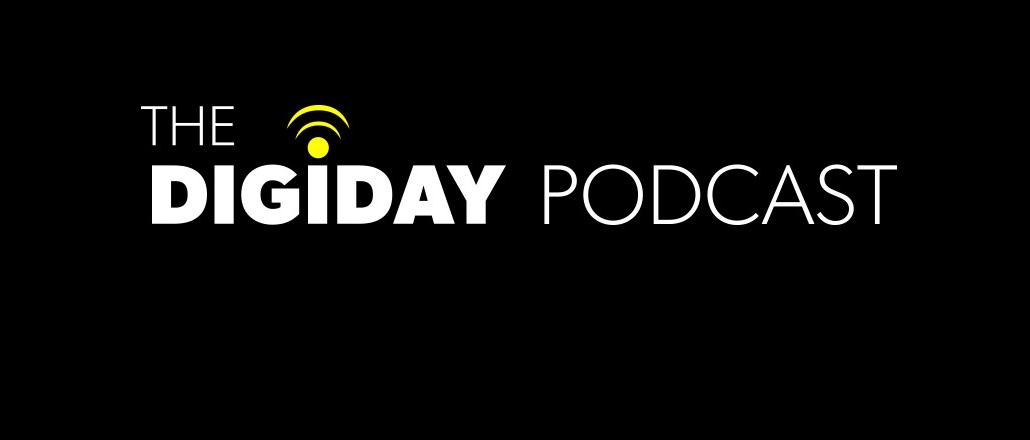
Marketers are suffering from an identity crisis, struggling to cope with the rapid changes in digital media and wonder if they (and their partners) are still relevant.
That’s what Publicis Groupe chief strategist Rishad Tobaccowala has found as he travels the world and counsels some of the top brands. Many are bewildered by the complexity of change and asking fundamental questions of themselves, he said on this week’s episode of The Digiday Podcast.
“Clients have not fallen behind their competition,”he said, “they’ve fallen behind their consumers.”
Other highlights of the half-hour discussion:
Don’t call Publicis an agency holding company
Publicis Groupe is known as the home of some of the world’s largest advertising agencies, including Leo Burnett, Razorfish, Digitas and ZenithOptiMedia. But that’s changing, Tobaccowala said. The company’s new strategy is a mix of marketing, tech and consulting. That was a key driver behind Publicis’ acquisition of Sapient last November.
“We are all about business transformation,” Tobaccowala said. “Our strategy is about helping our clients catch up with consumers in a transformative time by helping them with marketing, business and communication transformation. A little less about advertising agency, a little more about transformation.”
Deflation is the new normal.
Like it or not, just about all of the global economy is experiencing deflation. Technology has allowed for maximum efficiency, making the cost of most things to fall. All companies, including agencies, must adjust to that reality and do “more with less,” Tobaccowala said.
“The reason clients are forcing lower costs is because it’s being forced on them,” he said. “Technology is making things far more deflationary because it is, in effect, replacing ownership with access. Software is allowing the marginal cost of something to be close to zero.”
Giant media reviews are a symptom of massive disruption.
The advertising industry was unsettled this summer by a series of large media account reviews that have put $25 billion worth of ad spending in play. But Tobaccowala said the reviews aren’t just about cutting costs and figuring out how tech is changing media.
“No. 1 is what in the world is going on, can someone show me the way and who can I trust,” he said. “Increasingly the people involved in this decision are broader than the media and procurement people. This has become a C-level decision, and that C is higher than the CMO.”
Career advice: Don’t focus on money, at least not initially.
Tobaccowala counsels young people to focus on finding jobs early in their careers with good bosses and in growth industries, rather than those in decline. And most of all: Don’t switch jobs for a higher paycheck early on.
“Do not care about compensation early on,” he said. “If you start caring about compensation you’ll start to find yourself pricing yourself out of your dream.”
More in Marketing

Star power, AI jabs and Free Bird: Digiday’s guide to what was in and out at the Super Bowl
This year’s Big Game saw established brands lean heavily on star power, patriotic iconography and the occasional needle drop.

In Q1, marketers pivot to spending backed by AI and measurement
Q1 budget shifts reflect marketers’ growing focus on data, AI, measurement and where branding actually pays off.

GLP-1 draws pharma advertisers to double down on the Super Bowl
Could this be the last year Novo Nordisk, Boehringer Ingelheim, Hims & Hers, Novartis, Ro, and Lilly all run spots during the Big Game?





